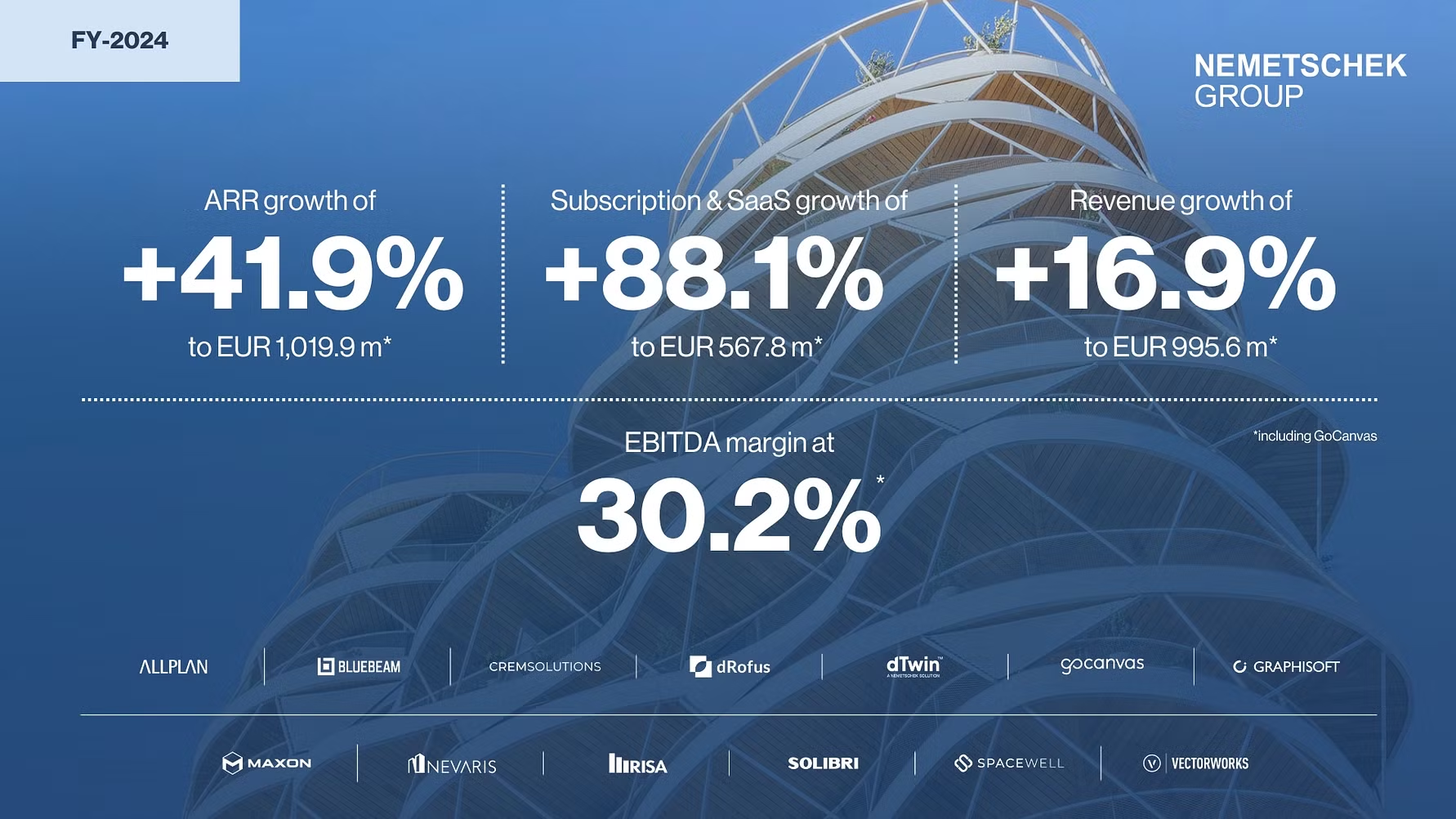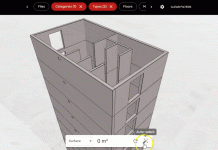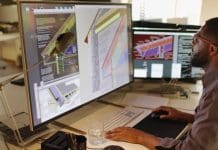Digital Built Britain sets out the strategy for the future of the construction industry, but how do we realise it? Here, Ben Malone, Director at BIM. Technologies argues for us all to take ownership
Digital Built Britain sets out the vision and strategy to secure the future of the UK construction industry; it builds upon the BIM Level 2 programme – which focuses on the construction industry alone – and places it within a much wider context for cross-sector collaboration. Rather than solely focusing on design and construction, Digital Built Britain extends to capital and operational expenditure savings on the whole life cycle process.
One of the key drivers for Digital Built Britain is to ensure BIM Level 2 delivers high-performing built-assets while offering the client value through efficiency savings, and by their own admission, this is an ambitious undertaking.
If this is indeed to be realised, we must all take ownership of delivering this strategy in transforming the construction industry and secure its future through the use of advanced technologies.
Predicting the future, as we all know, is difficult – many have tried and equally as many have failed! Yet if you look in the right places, we can get an idea of what our digital enabled world may look like.
Firstly, if we turn to the history books, the past can provide us with clues about how future technologies and processes may evolve. They can tell us of the social and cultural impacts of technology and where we can learn that most problems are usually down to human nature. They also tell us of the fear that technology may bring, and more often than we realise, that the technology that we think of in the future is often here today, we just haven’t released its full potential yet.
It may not be fully matured or evenly distributed, in some cases certain innovations and technology just doesn’t capture people’s imaginations. They fail to gain commercial traction and inevitably die young (anyone remember Laserdisc’s?).
But we do know that typically new technology doesn’t just appear overnight. It goes through a long period of underground use, research and testing then is often restricted to a subpopulation of forward-thinkers and innovators. At BIM. Technologies, we have always been at the forefront of new developments, championing new ideas, technologies and ways of working.
We are now seeing the emergence and results of artificial intelligence, robotics and machine-led learning, therefore if we’re looking for the next big thing, it’s already here – we just need to tap into its energy and convince the wider industry of the benefits of digital construction.
In 2015, Digital Built Britain predicted that over the next decade BIM would combine with; the Internet of Things (providing sensors and other information), advanced analytics and the digital economy, to enable us to plan new infrastructure more effectively, build at lower costs and operate and maintain assets more efficiently.
So how do we to do this?
Well, we’ve had two years already so isn’t it about time we stopped talking about it and started implementing this on a universal level?
To do so, we need a higher skilled work force, people who can create and develop these new technologies and services, as well as people that can use them.
We need regulations and frameworks that address contracts, data security and privacy issues so that we can build trust in the industry. This in turn will lead to greater collaboration, innovation and growth.
We need access to data about existing assets and their users so that we can exploit new opportunities and markets.
We need to be able to share technologies not just across the construction industry, but across many industry sectors if we are to increase investment, value and output.
But above all, we need to think about our people. We need a change management programme to win over hearts and minds of the doubters and educate and develop new skills within the industry. While predicting the future is difficult, we do know two things for certain. Change is inevitable and time waits for no one.
Perhaps the best way to predict our future is to start creating it ourselves.
. . . . . . . . . . . . . . . . . . . . . . . . . . . . . . . . . . . . . . . . . . . . . . .
Ben Malone
Director
BIM. Technologies
Tel: +44 (0)844 800 6660
info@bimtechnologies.co.uk
bimtechnologies.co.uk
Twitter @BIMTechnologies














